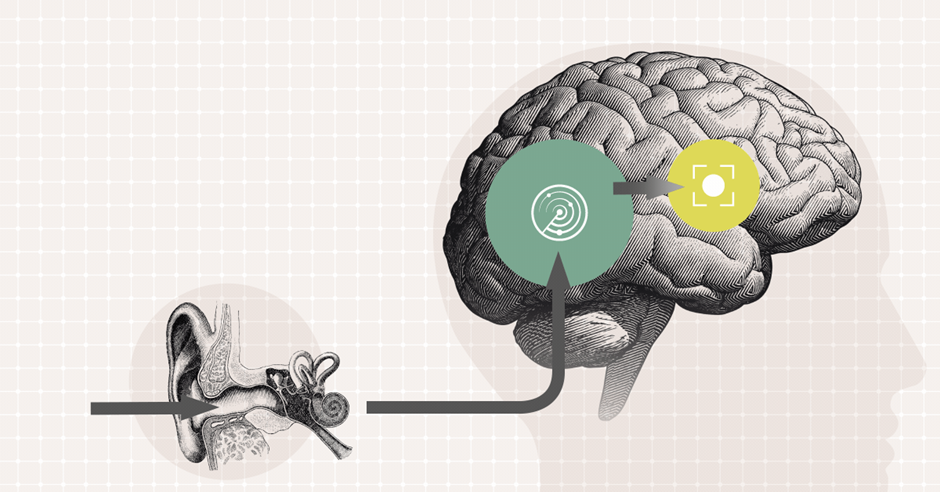Hearing Loss and Dementia

Does a hearing loss put you at risk for dementia?
Dementia is one of the biggest health obstacles to aging well. It is irreversible, but we can reduce our risk of getting it. One important, and historically underappreciated, way of preventing it is addressing hearing loss. By taking care of our hearing, we can also take care of our brains.
There have been multiple studies indicating that there is a connection between hearing loss and dementia. According to reports from John Hopkins, untreated hearing loss of greater than 25dBHL can increase the risk of dementia by 200-500%. A hearing test is the only way to determine if you fall into this risk category.
There are multiple theories as to why this connection exists:
- Reduced hearing function of the brain leads to reduced neural activity. Therefore, once the brain’s hearing function becomes less active, it atrophies (loss of brain tissue) and shrinks. This appears to be particularly within the temporal lobe, where key auditory and memory functions occur.
- Additionally, poor hearing increases the cognitive load on the brain, meaning the brain has to work extra hard to process information and comprehend, and this continuous stress and strain may lead to dementia
- Untreated hearing loss can make connecting with others difficulty, leading to depression and social isolation, which is another common risk factor for dementia.
Hearing loss is considered to be the #1 most modifiable risk factor as per the Lancet Commission on Dementia prevention, intervention and care. Treatment of hearing loss may slow the progression of dementia by 75% – take the simple step of assessing and treating your hearing loss to reduce this risk!




